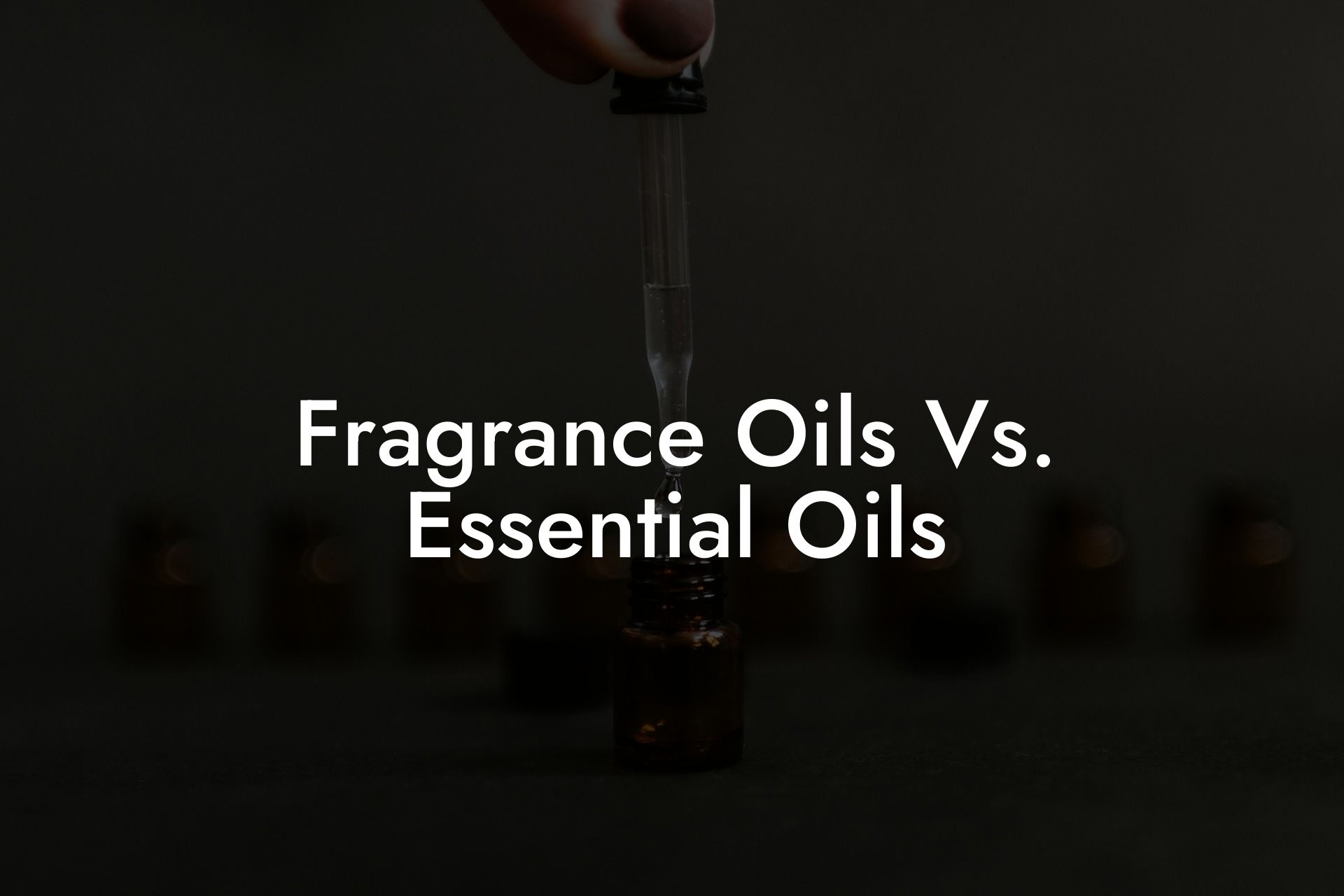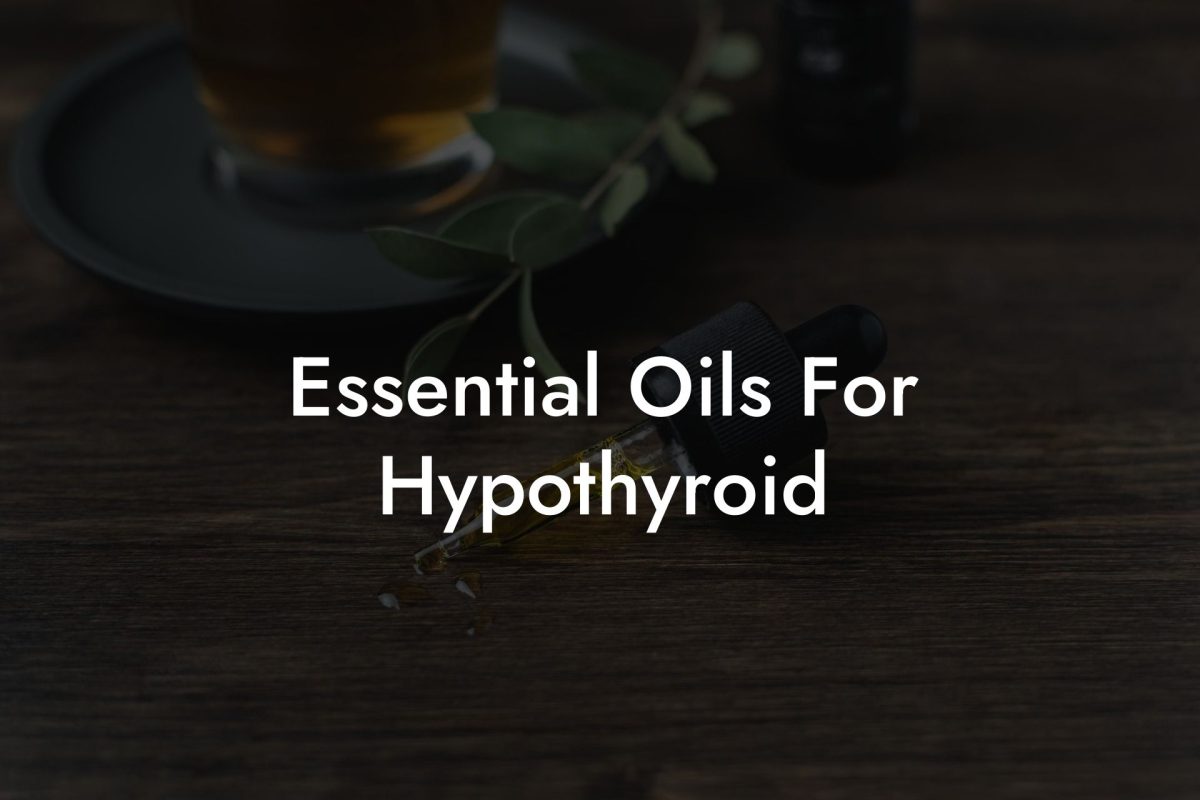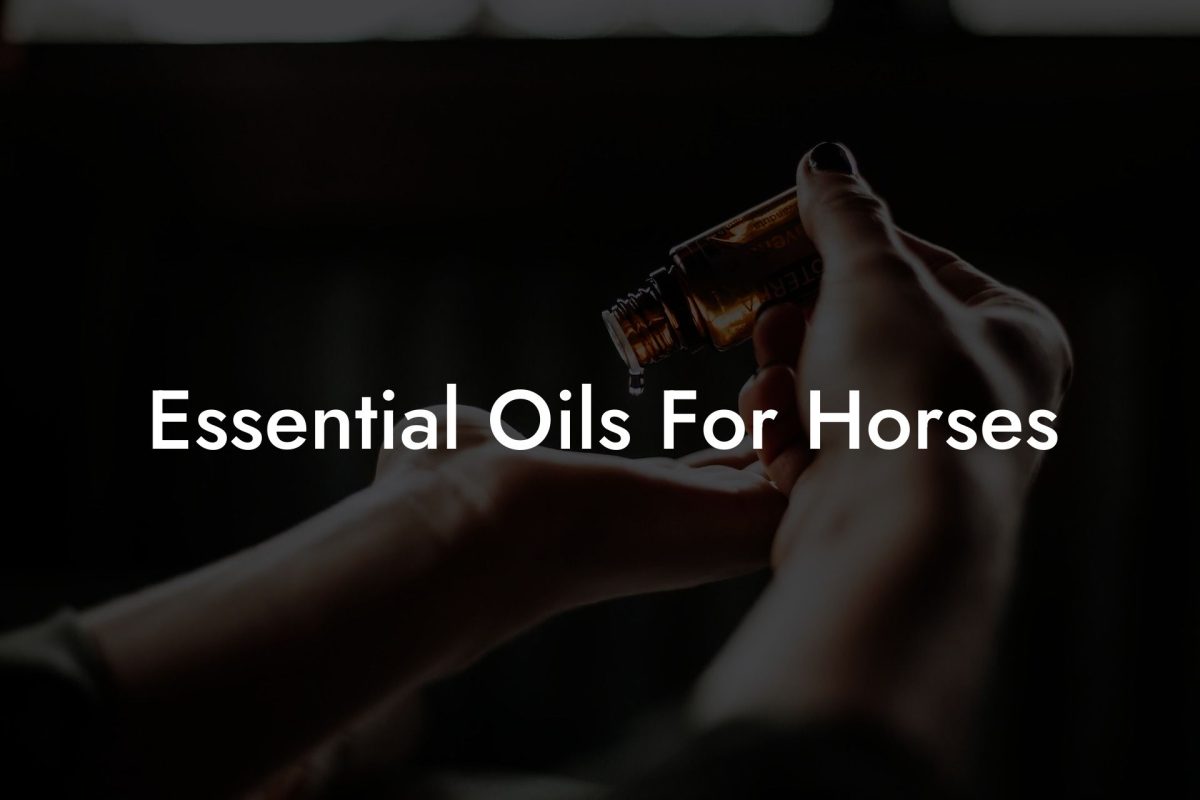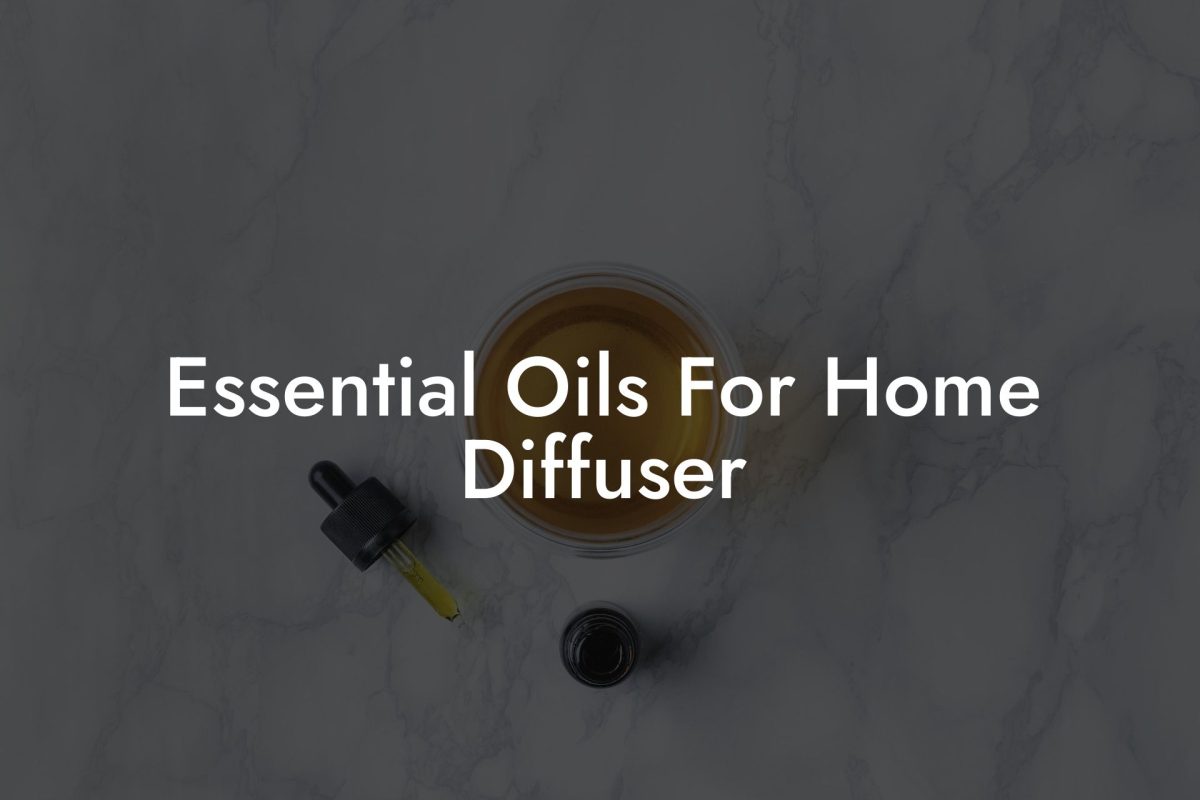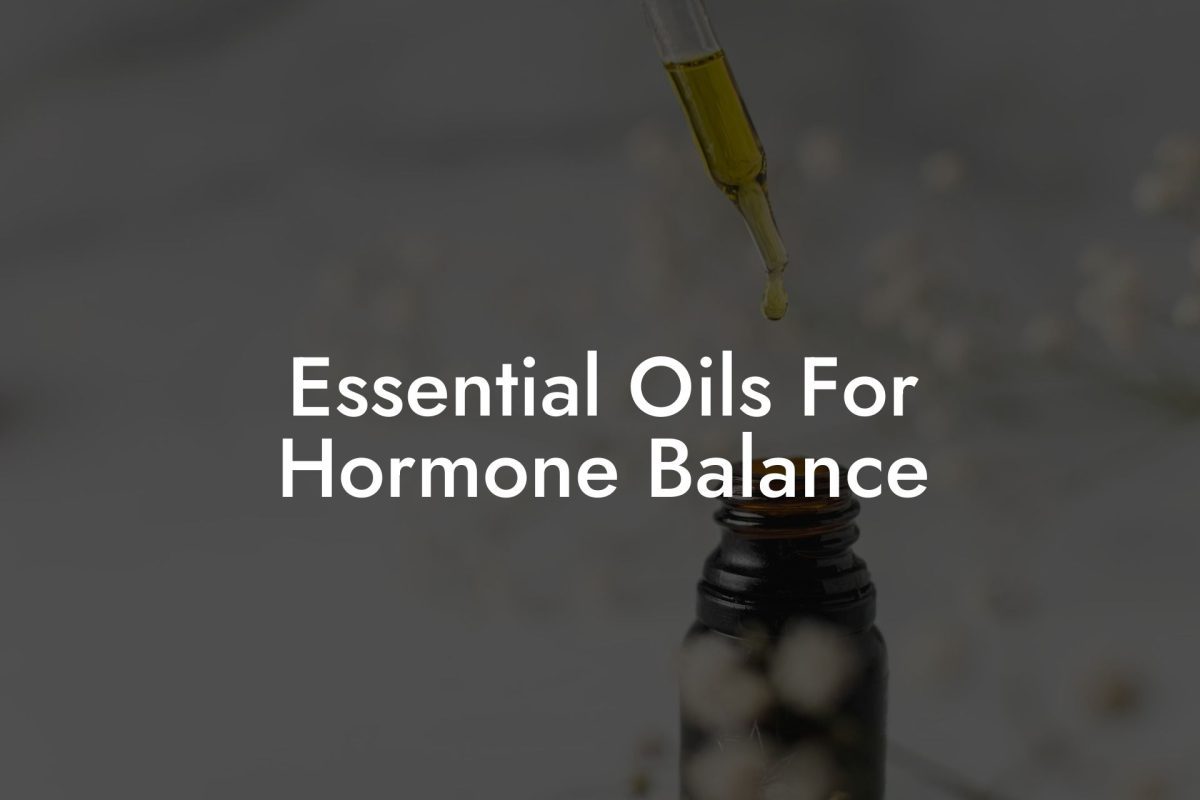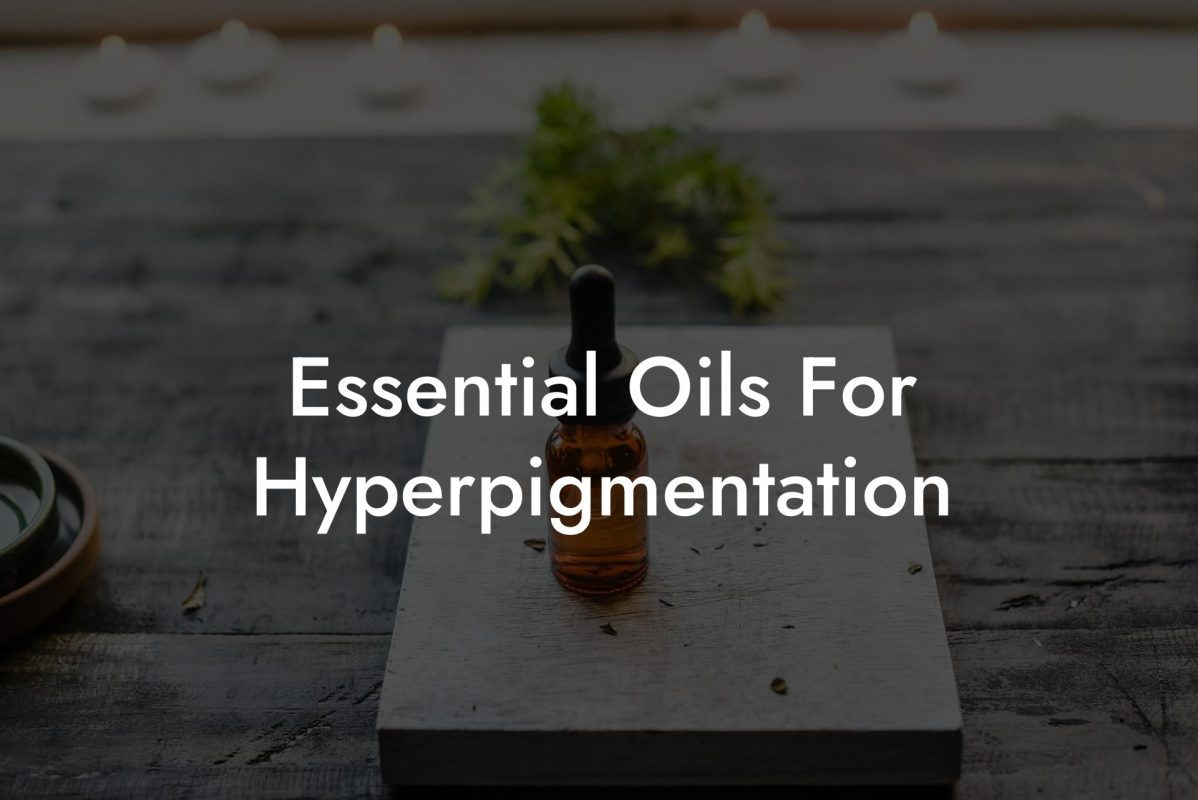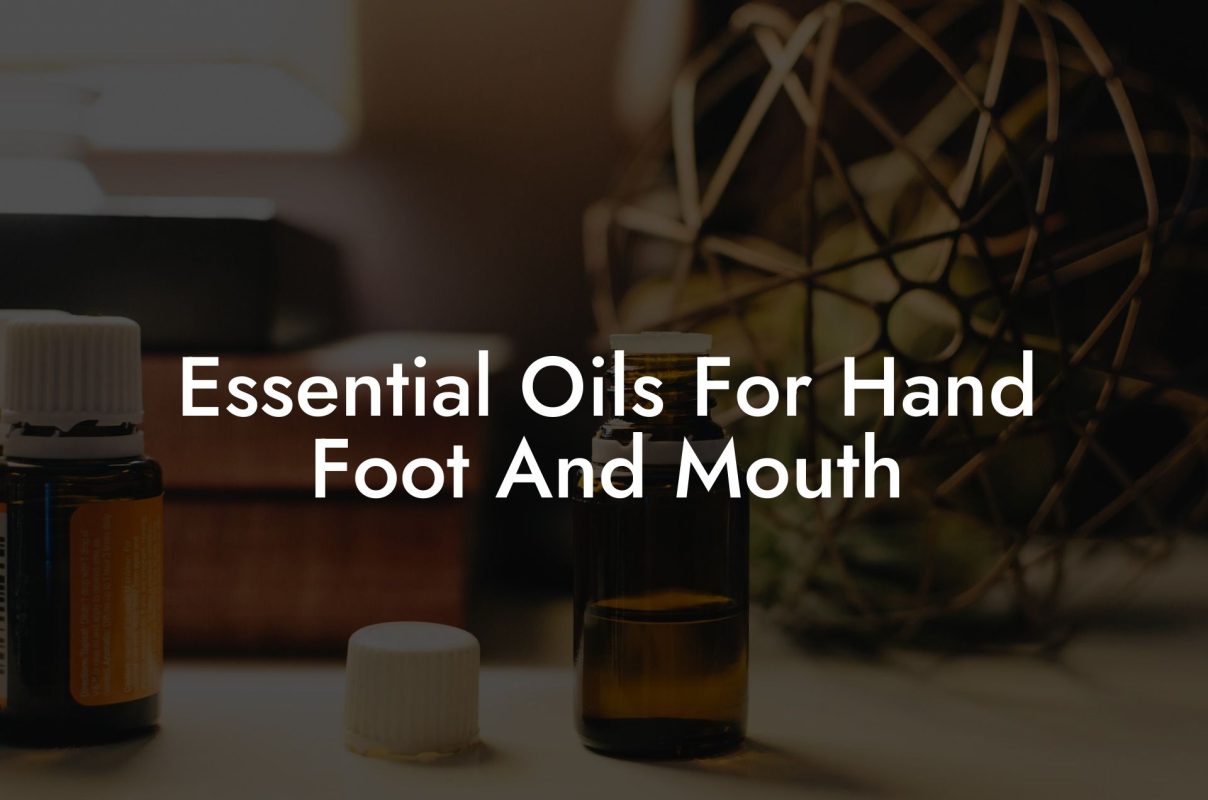The world of scents can be quite intriguing, with a plethora of options available for you to choose from. Among those options, you may have come across fragrance oils and essential oils. Although they might seem interchangeable, understanding the differences between the two is vital in determining which one fits your needs best. In this in-depth comparison of fragrance oils versus essential oils, we’ll dissect their characteristics, uses, benefits, and more.
Table of Contents
What are Fragrance Oils?
Fragrance oils, also known as synthetic aroma compounds or aroma chemicals, are artificially created scents designed to mimic the aroma of a single or a combination of natural substances. These oils may contain a blend of essential oils, synthetic aroma compounds, and carrier oils. Fragrance oils are used primarily for their scent properties, whether it be for perfumes, flavors, candles, soaps, or other applications.
Pros of Fragrance Oils:
- Affordability: Fragrance oils are generally more cost-effective than essential oils due to their synthetic nature.
- Variety: There is a vast array of scents available, including blends that replicate the aroma of particular natural substances.
- Stability: Fragrance oils often have a longer shelf life and maintain a consistent scent throughout their use.
Cons of Fragrance Oils:
- Synthetic Composition: The use of synthetic compounds may irritate sensitive skin or cause respiratory issues for some individuals.
- Limited Therapeutic Benefits: Fragrance oils typically do not offer the same therapeutic benefits as essential oils.
What are Essential Oils?
Essential oils are natural oils obtained through various methods of extraction, such as steam distillation or cold pressing, from the raw materials of plants, flowers, stems, bark, seeds, or roots. These oils contain the concentrated essence of the plant and provide a multitude of aromatherapy benefits.
Pros of Essential Oils:
- Purity: Essential oils are derived from pure, natural sources, eliminating the risk of potentially harmful synthetic compounds.
- Aromatherapy Benefits: These oils offer a plethora of therapeutic benefits that positively impact mental, physical, and emotional wellbeing.
- Eco-Friendly: The use of natural, sustainable resources makes essential oils an environmentally conscious choice.
Cons of Essential Oils:
- Cost: Due to the extensive process of extraction and sourcing from natural resources, essential oils can be more expensive than fragrance oils.
- Variability: The quality, aroma, and benefits of essential oils can vary depending on factors such as harvest, weather conditions, and extraction methods.
- Shelf Life: Essential oils have a shorter shelf life and may require proper storage practices to maintain their efficacy.
Fragrance Oils Vs Essential Oils Example:
Imagine you want to make a scented candle. If your primary goal is to create a candle with a pleasing scent and a lower cost of production, using a fragrance oil would be the best choice. Fragrance oils are affordable, come in a wide variety of scents, and are stable at high temperatures. On the other hand, if you want a candle with therapeutic benefits and a natural aroma, using an essential oil would be the ideal option. Essential oils provide a pure, natural fragrance that can positively impact your mood and overall wellbeing.
Having explored the significant differences between fragrance oils and essential oils, you should now have a better understanding of their characteristics, pros, and cons. The choice ultimately depends on your personal preferences, priorities, and intended use. We encourage you to share this informative article with friends and family who may benefit from this knowledge, and explore other guides on Oshu Oils for more on essential oils and aromacology. Discover the Oshu Oils range of essential oils and let the power of nature enhance your life.

